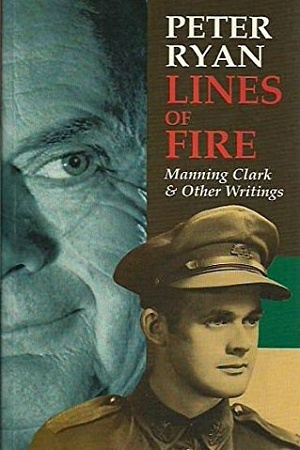Playing the Numbers: Gambling in Harlem between the Wars
Harvard University Press, $26.95 hb, 299 pages
Playing the Numbers: Gambling in Harlem between the Wars by Shane White, Stephen Garton, Stephen Robertson and Graham White
Gambling was and is an economically and culturally important activity in many urban African American communities, and ‘numbers’ was from the mid-1920s a ‘full-blown craze’ in Harlem. It was a complicated method of gambling on a set of three numbers generated by an apparently incorruptible process. The numbers, posted each day by the New York Clearing House, a financial institution just a couple of blocks from Wall Street, related to arcane matters such as daily clearances between banks and the state of the Federal Reserve, but they were eagerly awaited, published in news-papers and deployed for quite different purposes. Numbers ‘bankers’ roamed the streets collecting small ‘investments’ from customers who then collected a return if their three numbers came up. Regular small bets from large numbers of people generated a lot of money, and successful numbers operators became rich. Numbers had a turnover in the tens of millions of dollars a year in Harlem and, remarkably, became the enterprise ‘with the largest number of employees and the highest turnover’ in that legendary part of the city.
Continue reading for only $10 per month. Subscribe and gain full access to Australian Book Review. Already a subscriber? Sign in. If you need assistance, feel free to contact us.










Leave a comment
If you are an ABR subscriber, you will need to sign in to post a comment.
If you have forgotten your sign in details, or if you receive an error message when trying to submit your comment, please email your comment (and the name of the article to which it relates) to ABR Comments. We will review your comment and, subject to approval, we will post it under your name.
Please note that all comments must be approved by ABR and comply with our Terms & Conditions.